A marine ball valve is a valve with a spherical disc that controls the flow of water, fuel, or other fluids in marine systems. Its primary function is to provide reliable and efficient control of fluid in harsh marine environments.
Marine ball valves are specifically designed to withstand the corrosive and often high-pressure conditions found in marine environments. They are typically made of robust materials like bronze or stainless steel to resist corrosion and wear.
Common materials include bronze, stainless steel, and plastic. The choice of material depends on the specific application, fluid type, and environmental conditions.
Yes, marine ball valves are suitable for both freshwater and saltwater applications. However, it's important to choose a valve material that is appropriate for the specific type of water to ensure longevity and effectiveness.
Key benefits include their resistance to corrosion, high pressure and temperature handling capabilities, durability, and their ability to provide a tight seal with minimal fluid resistance.
The right size depends on the specific requirements of your boat's plumbing system, including the diameter of the pipes and the flow rate. It's advisable to consult with a marine plumbing expert for accurate sizing.
Yes, there are several types, including standard, full port, multi-port, and top entry ball valves. Each type has specific features that make it suitable for different applications in marine environments.
Maintenance frequency depends on usage and environmental factors. Regular inspections are recommended, with more frequent checks in harsh conditions. Periodic lubrication and cleaning are also important.
It depends on the extent of the damage. Some issues, like leaks or handle problems, can often be repaired. However, severe damage might necessitate replacement.
Signs include leaks, difficulty in turning the valve handle, and any visible corrosion or damage to the valve body.
Proper installation involves ensuring compatibility with the pipe size, applying suitable thread sealants, and following the manufacturer’s instructions. Professional installation is recommended for optimal performance.
Yes, when properly used and maintained, they can minimize the risk of fluid leaks, thereby protecting the marine environment. Additionally, the durability of these valves means less frequent replacements and reduced waste.
